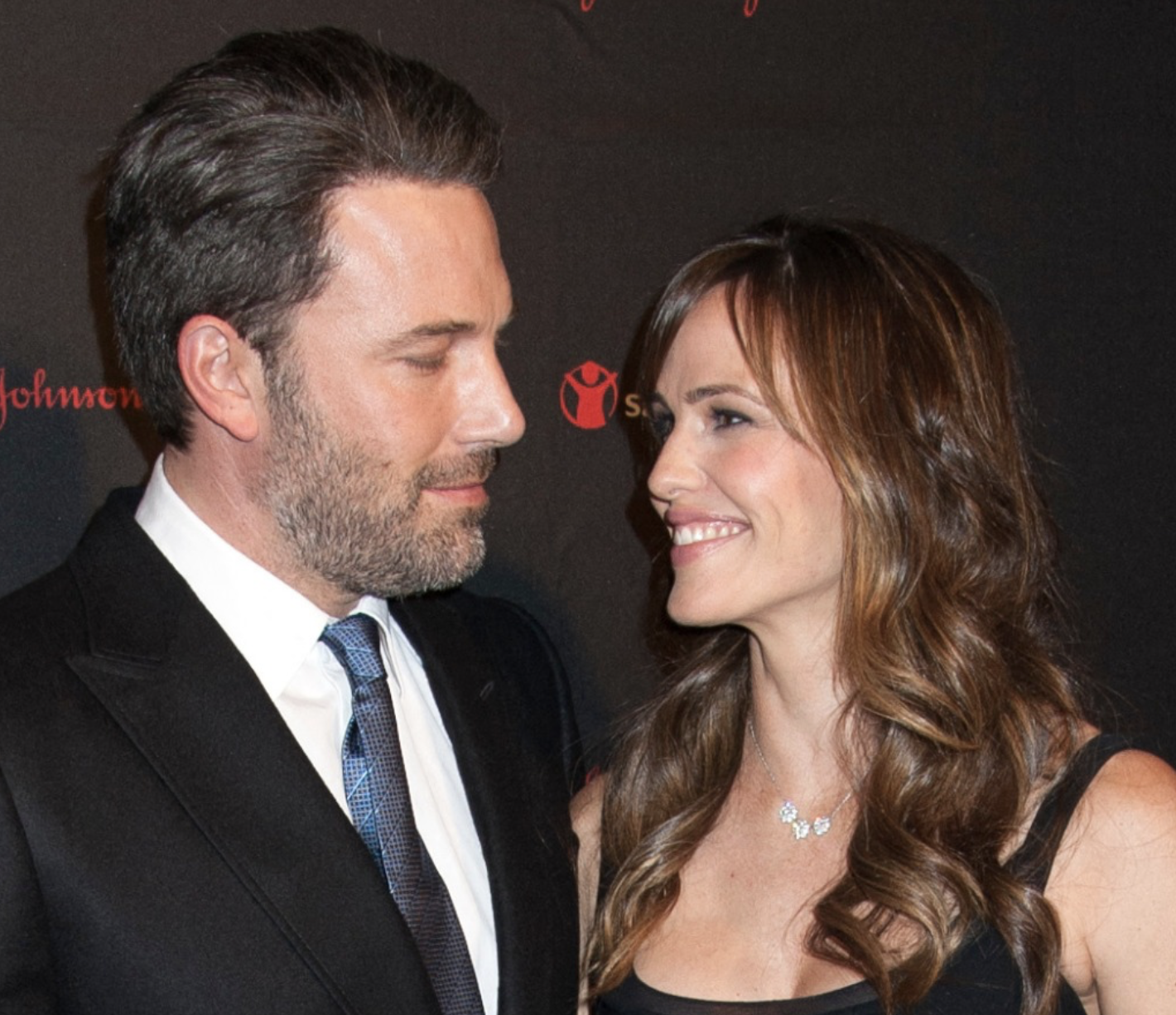Society tells children that if someone has hurt them, they should tell a trusted adult. But the reality is often not that simple. In 34% of child sexual abuse cases reported to law enforcement, the abuser is a family member. And when it comes to family court proceedings, things get even murkier. Due to the reliance on a debunked junk science theory called Parental Alienation Syndrome (PAS), family courts have often required visitation with parents who have sexually abused their children, sometimes even granting the unsafe parent shared or sole custody.
It’s time for family courts to halt this harmful precedent. For the safety of children, and to ensure the child has a pathway to healing, judges must reject the junk science theory on which these decisions are based, and stop requiring shared custody or visitation with parents who children say have sexually abused them.
PAS was introduced by fringe child psychiatrist Dr. Richard Gardner in 1985, and says one parent, often the mother, tries to turn a child against the other parent, usually the father. The “alienating parent” coaches the child to make false abuse claims and causes the child to have negative feelings for the “alienated parent.” The only research cited was his own self-published articles and books he authored. Gardner also advocated repealing mandatory child abuse reporting laws, and believed 90% of mothers were parents who brainwashed their kids against their fathers, regardless of any evidence of abuse. Parental Alienation Syndrome has been deemed pseudoscience, lacking scientific validity, and the American Psychological Association, World Health Organization, and American Medical Association have all rejected it as a legitimate mental health condition. But shockingly, due to misconceptions about domestic and sexual abuse, the theory is still widely accepted in courts throughout the US and abroad as a defense used by parents accused of abusing their children.
While it is true that, in some cases, one parent may attempt to alienate a child from the other parent, particularly during an ugly custody dispute, in cases where domestic violence against the other parent and physical or sexual abuse against the child is present, accusations of parental alienation brought by the abusive parent should not lead to judges dismissing allegations of abuse. Accusations of parental alienation in cases where abuse is present often lead family court judges to the misconception that children are lying about the abuse. However, evidence shows that children rarely make false accusations. Kids are much more likely to downplay abuse than to exaggerate or make it up. PAS also misses an important point: kids who face abuse from a parent, especially sexual abuse, have good reasons to feel negatively towards that parent. The non-offending parent also has strong reasons to limit contact with the abusive parent. Dr. Richard Gardner himself wrote that when cases of “true parental abuse” are present, children have valid reasons for their animosity towards the abusive parent, and PAS should not be an applicable explanation.
Despicably, wealthy fathers often use PAS as a defense in custody battles when accused of sexually abusing their children. Ninety-percent of the time the parent accused of engaging in ‘parental alienation’ is the mother, and the fathers pay ‘experts’ thousands of dollars to testify that the mother engaged in parental alienation and coached the children into claiming abuse. The fathers usually have more money for their legal defense. Courts often believe accusations of parental alienation and accept that kids have been coached to lie about abuse, resulting in required visitation and even shared with custody abusive parents. In some cases, these decisions have had fatal consequences. In April 2023, the UN Special Rapporteur on Violence Against Women and Girls reported how “the discredited and unscientific pseudo-concept of parental alienation is used in family law proceedings by abusers as a tool to continue their abuse and coercion and to undermine and discredit allegations of domestic violence made by mothers who are trying to keep their children safe.”
State and federal laws have been passed recently, which help mitigate the damage caused by courts accepting parental alienation syndrome as a defense for abuse, requiring training about signs of abuse for those who make custody decisions. A bill now pending in Massachusetts, An Act Relative to Domestic Abuse Protection, Katherine’s Law, would mandate biennial training for licensed professionals to recognize and report child abuse and strengthen custody protections by prohibiting sole or shared custody for abusive parents in certain cases where reunification would cause more harm.
While these laws are steps in the right direction, we shouldn’t need legislation to encourage family courts to believe children who are brave enough to say they were physically or sexually abused by a parent. Judges must stop accepting the junk science parental alienation syndrome as a defense for child sexual abuse, and stop requiring shared custody or visitation with parents whose children say have sexually abused them.
About the Authors: Lindsay Hawthorne is a child sexual abuse prevention advocate and a 2025 Public Voices Fellow of on the Prevention of Child Sexual Abuse at The OpEd Project. Patricia Forrest is an advocate, domestic abuse consultant, visual storyteller and artist.









